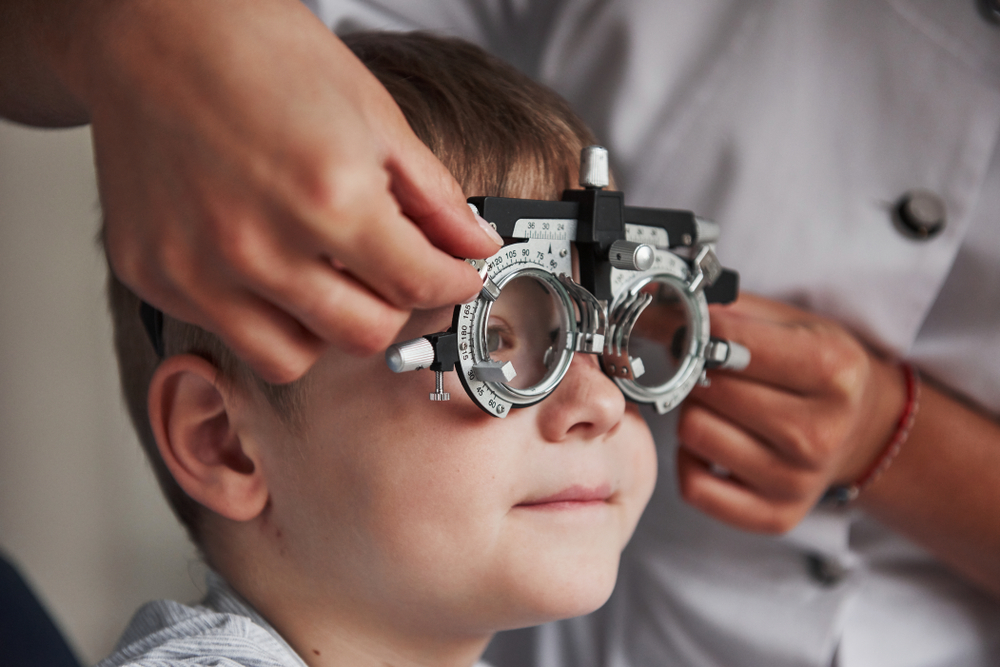At What Age Does Myopia Progress the Fastest?

Myopia, or nearsightedness, is becoming increasingly common among children. It occurs when the eye grows too long from front to back, causing distant objects to appear blurry. While genetics play a role, lifestyle factors such as prolonged screen time and limited outdoor activity are also contributing to the rise in cases. One of the most pressing concerns for parents is understanding when myopia tends to worsen the fastest and how to slow it down.
Understanding Myopia Progression
Studies show that myopia tends to progress most rapidly between the ages of 6 and 12. This stage of a child’s life involves significant physical growth, and the eyes are no exception. As the eyeball continues to elongate during these years, vision can change quickly, sometimes requiring updated prescriptions annually or even more frequently.
Without proper monitoring and early intervention, mild myopia can evolve into high myopia, increasing the risk of serious eye conditions later in life, such as retinal detachment, glaucoma, and macular degeneration.
The Role Regular Pediatric Eye Exams
Pediatric eye exams play a crucial role in tracking your child’s vision development and detecting early signs of myopia progression. The American Optometric Association recommends that children have their first comprehensive eye exam at age one, again at age three, and then before starting school. After that, annual exams are essential, especially if your child is already showing signs of myopia. These exams allow optometrists to assess changes in vision and implement appropriate myopia management strategies before the condition worsens.
Myopia Management Options
At Texas State Optical Mansfield, we offer proven solutions to help slow the progression of myopia in children. Two of the most effective treatment options are atropine eye drops and MiSight® 1 day contact lenses.
Low-dose atropine drops are applied nightly to help reduce the eye’s elongation. Research has shown that atropine can significantly slow myopia progression without major side effects. These drops are a great non-invasive option for younger children who may not be ready for contact lenses.
MiSight® 1 day lenses are soft, daily disposable contacts specifically designed for children with myopia. They correct vision while also using a special optical design to slow the progression of the condition. These lenses are FDA-approved and are ideal for active kids who want to enjoy clear vision without the hassle of glasses.
A Proactive Approach Makes All the Difference
Myopia is a progressive condition, but it can be effectively managed when caught early. By prioritizing regular pediatric eye exams and taking advantage of advanced treatment options like atropine drops and MiSight® lenses, you can help preserve your child’s vision and reduce their risk of future eye health issues.
Schedule your child’s next eye exam at Texas State Optical Mansfield and give them the clarity they need for a brighter future. Visit our office in Mansfield, Texas, or call (682) 201-2883 to book an appointment today.


